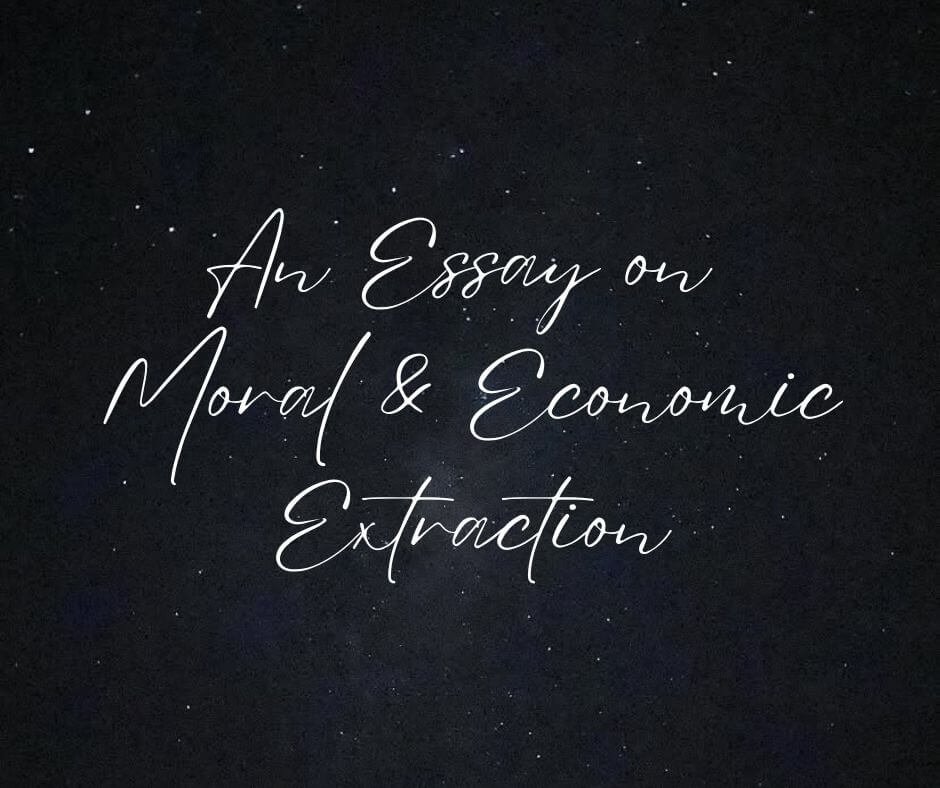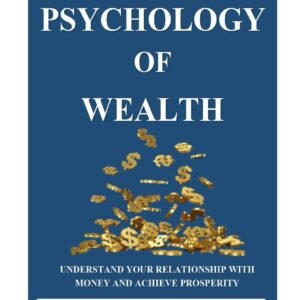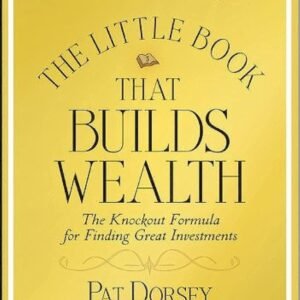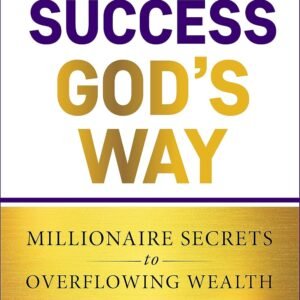It was a dark summer night. The stars shone overhead. Humidity held in the sun’s heat long after it had retired beyond the horizon. Yet the air was not so sticky as to make the bonfire’s singe an unwelcome guest.
He sat there in his shorts and cloth sandals. I in my sundress.
We loved each other, I think. Not in the typical romantic way. All of our deepest darkest pain had seen the light of each other’s witness, and all that truth couldn’t chase the other away – no matter how wrenching.
It wasn’t chemistry.
It was honesty.
In all its confrontation, our bond was tender.
“I just think it’s more likely that we’re in a simulation,” he proposed.
His words were earnest. Full of conviction. Preceded by a very scientific-sounding argument from a brilliant mind which had run meticulous calculations on the physics of the universe.
“And the only thing I can definitively witness is my own consciousness. If that’s true then everything around me is here to teach me a lesson.”
The flames flickered.
Out of the corner of his eye he observed my thighs shift beneath me in discomfort.
“I’m really trying to learn. To do better.”
“Just so I’m clear, you think that everything and everyone around you – this entire planet with all its rivers and mountains and animated life – was created solely to serve your own moral betterment?”
“Yes. And there’s no way to disprove it.”
“Man, that is the most selfish sh*t I have ever heard,” I sighed, eyebrows raised. “It’s unoriginal. A way to moralize self-centeredness. A lack of imagination to conceive that other beings have their own experiences and interactions in the world that don’t revolve around you. And a way to absolve yourself of jumping that chasm of responsibility I know you feel towards them.”
Guitar strings popped in the fire.
“I have been through way too much just to be a side plot in your storyline.”
It sounds like a fight, but it wasn’t. It was an intellectual probe, and as we moved on to the next, I wasn’t always the voice of reason. The exercises we engaged in were revealing.
Challenging.
Enjoyable.
I was right on that one, though.
To his credit, over the coming weeks he took my words seriously. It wasn’t just our interactions with each other which were honest — his intellect was honest, too.
He abandoned that particular philosophy. Recognized his own attempts to evade what he knew to be true: Our guilt and shame can’t be absolved by theories that position us as a cubic reimagining of a Keanu Reeves role.
Besides that, he admitted, all the computational theory in the world couldn’t transform me into anyone’s peripheral character.
I sometimes think that maybe if it could have, we would have worked.
I say these words without regret.
Without malice.
Without any desire to alter who I am.
Economic extraction
There is a lot happening in the world right now. In this moment, we’re all learning to be mindful of how we express our empathy. Our compassion. Our allyship.
We do this from a framework we call ‘capitalism.’ It’s all many of us have ever lived in. It’s the air we breathe. Like fish to water.
It’s been comforting to watch a larger portion of the population stopping their own thought processes when it comes to economically justifying their neighbors’ well-being. It’s all too easy to say someone deserves human dignity and respect because they contribute to the economy.
They pay taxes.
They’re valuable because of their economic output and how that output benefits us as individuals directly.
Because in capitalism, contrary to near all other social organizations that existed prior, the economy is put above society.
As I look around me, I witness more and more representations in media – mainstream included, but particularly social – stating very clearly that the people who surround us don’t need to justify their existence by their economic output.
Rather, they deserve respect and human decency because above all else, they are fellow human beings.
Moral extraction
While I’m so glad the recognition of humanity over economic output is becoming more prolific in our conversations, I’d like to propose taking things a step further.
Sometimes, when we remove the mandate that other people perform for us economically, we go on to place other extractive requirements on them.
We demand from them lessons. We ask them to serve as crucibles of our own personal development.
“It’s okay, because they give back in other ways…
“They teach us lessons in compassion.”
“In love.”
“In patience.”
And this is where I think we could collectively do better.
Just like I didn’t exist to serve the moral betterment of that brilliant man who thought he was living in a live-action version of The Matrix, no one owes you lessons.
This transactional extraction of value through the guise of self-improvement has roots in the very same arguments in which the economic justifications lie.
I meant it when I said that his philosophy was not original. In many ways, both the demands for economic and moral value extraction are at least as old as capitalism itself. Two threads, woven together in the same tapestry depicting a violent scene.
We are all interconnected – with each other, with our environments – even when we, to our own detriment, organize our societies to pretend that we are not.
The hope I hold for the future is that we begin to actualize our vision of our interdependence as equal, living beings capable of succeeding together – rather than viewing each other as resources to exploit in Malthusian fashion.



















Leave a Reply